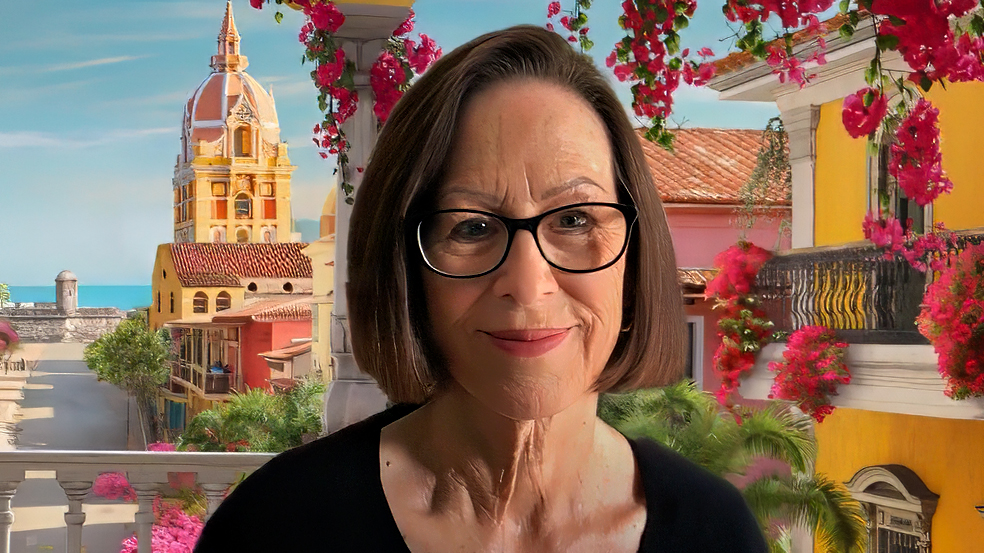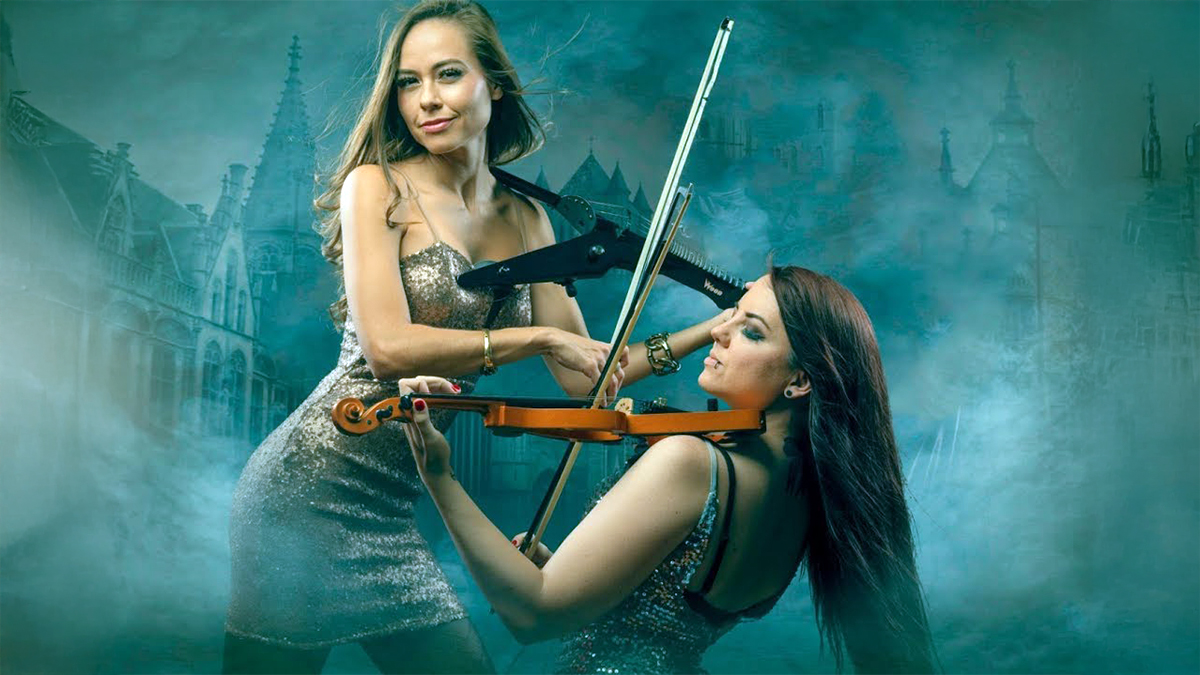It’s tempting to imagine a world without poverty or war, where everyone has equal access to resources. Religions preach it, politicians legislate for it, and crowds demand it.
With so much energy devoted to these ideals, you’d think the world would be in better shape. Yet, we remain overwhelmed by wars, suffering, and humanitarian crises.
Bach and the chaos of conversation
I didn’t expect these thoughts to surface in the middle of Bach’s Goldberg Variations.
As the music filled the auditorium, I felt swept up in a series of chaotic conversations. Violins and cello animatedly engaged, sometimes arguing, their voices rising and falling, circling and spiralling.
Like the endless arguments that rage in our world, the music reflected the conflicting emotions and opinions swirling within me.
A morning of duelling narratives
As usual, I’d begun the day immersed in duelling news stories.
Outrage at the killing of Charlie Kirk, unless you thought he was bigoted and thus outrageous himself. A massive march in London, ostensibly about reclaiming British values, awash in Christian crosses. Pushback from Christian leaders, who claimed protestors were co-opting Christian symbols.
On and on it went, a tsunami of righteousness from every perspective.
Electrifying performance
Leaning against the wall, three rows from the front, I had a superb view of violinist Natalia Lomeiko.
She was electrifying—her body and soul devoted to drawing music from deep within, resurrecting Bach so I could experience him anew.
The cello responded, the second violin claimed its space, and the tension kept rising. Then, almost unnoticed, moments of integration crept in—like an unexpected truce in a conflict, before the cycle inevitably repeated itself.
And then it was over.
Music as retreat
Driving home along country roads, I wondered about my thirst for classical music.
I wasn’t raised on it. Instead, we found each other in my forties, through the Anglican cathedral tradition of church music.
Without me understanding how, the music held the tension between my conscious struggles and the emerging need for a more integrated spiritual centre.
It made me stop and sit still, a bit like going on retreat, until I could face my motivations more honestly.
I began to wonder if my passionate struggles for justice were, in part, a way of avoiding my own inner distress.
Jung and self-reflection
Carl Jung, the father of analytical psychology, suggests that everything that irritates us about others can lead to a deeper understanding of ourselves.
Perhaps that means exploring what surfaces in me when I see someone using a religious symbol in a way I dislike, or what exactly frightens me when I hear of war in distant lands.
The invitation of irritation
The irritation that drives us to righteous action can also be an invitation to self-reflection, an opportunity to gain insight into our own conflicts and fears.
I wonder if Bach instinctively knew this when he was weaving the eternal dilemma of reaction and reflection through his Goldberg Variations.

- Sande Ramage loves exploring, one word at a time, what she and others mean by God, spirituality, and religion. She’s a healthcare chaplain, restorative justice facilitator, pastoral supervisor, and wordsmith. Inspiration arrives through pondering dreams in Jungian analysis, walking, movies on the big screen, live orchestral music, sopranos, and devouring books.

